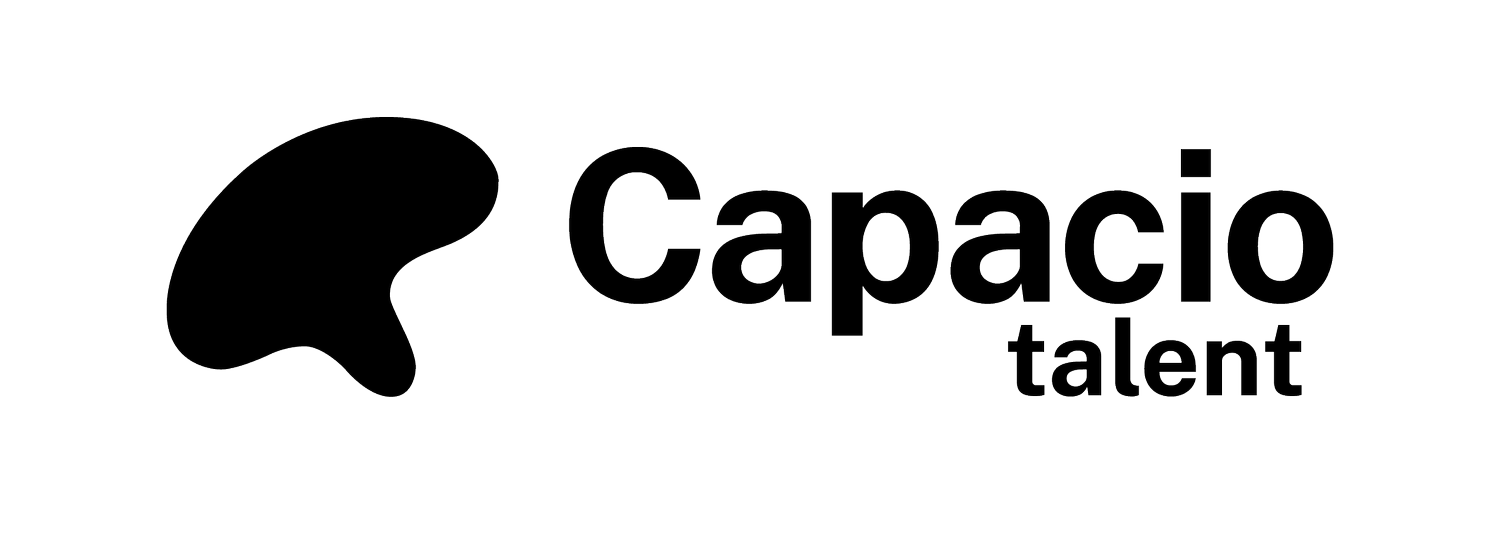Reach beyond personality with Enhanced Personality ++
The Enhanced Personality++ is a carefully composed scientifically validated questionnaire, where Big Five is an integrated part. Personality++ is recommended to be used as a complement to the neurobased Cognitive Assessment test.
The scientific questionnaire consists of six modules, 71 questions, and takes 20 minutes to complete. It captures important and unique variables beyond the big five personality traits. The tool is an excellent complement to the cognitive test.
Big five personality traitsEmpathySocial styleLevel of impulsivityCognitive and emotional regulation
Empathy
Indicates perspective taking, empathic concern and personal distress. These areas show the individuals tendency to focus on themselves, focus on others and/or to take on the perspectives of others.
Social style
Indicates the individual’s social ability, how they interact with others, what their focus is in the social interaction and their focus on details.
Level of impulsivity
Indicates the level of attention, level of activity and level of impulsivity. This segment captures the individual’s ability to organize, conclude tasks, and direct their focus on what’s on hand.
Cognitive and emotional regulation
Indicates general attention, emotional regulation and sociability.
Personality, Big Five
This is a short version of the Big Five and it includes extraversion, openness, agreeableness, conscientiousness, and neuroticism.
Five Factor is the dominant questionnaire in personality psychology. The outcome is a profile based on five main perspectives.
Big Five explained
Extraversion:
A higher score indicates an individual who thrive off interaction with others while a lower score indicates a tendency to perform well under a specific setup with higher degree of isolation.
Openness
A higher score indicates an individual who is willing to learn new skills and tools while a lower score indicates a tendency to keep old patterns and sticking to what is known.
Agreeableness
A higher score indicates an individual who is easy to be at service of others while a lower score indicates a tendency to focus on their own improvement rather than that of the team.
Conscientiousness
A higher score indicates an individual who is keen to get their work done while a lower score indicates a tendency to need more focus and attention to the task at hand.
Neuroticism
A higher score indicates an individual who easily gets worked up while a lower score indicates a tendency to be stress resilient.
